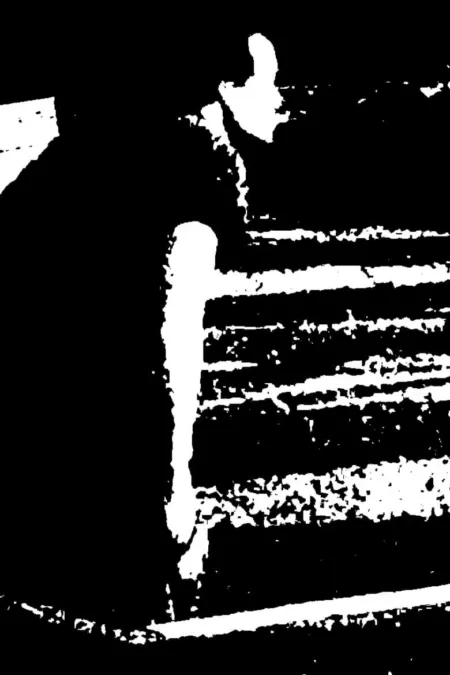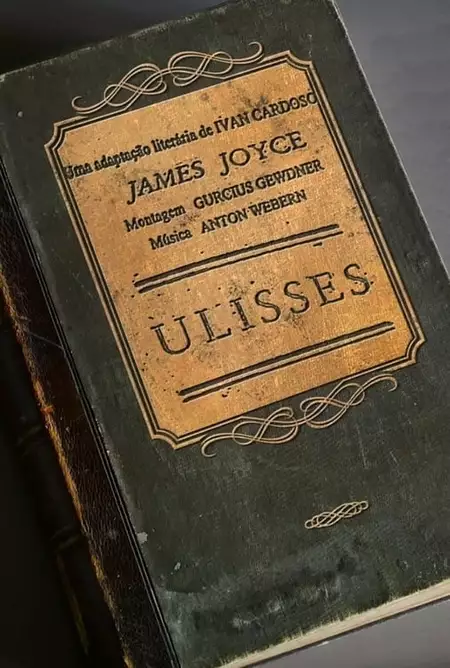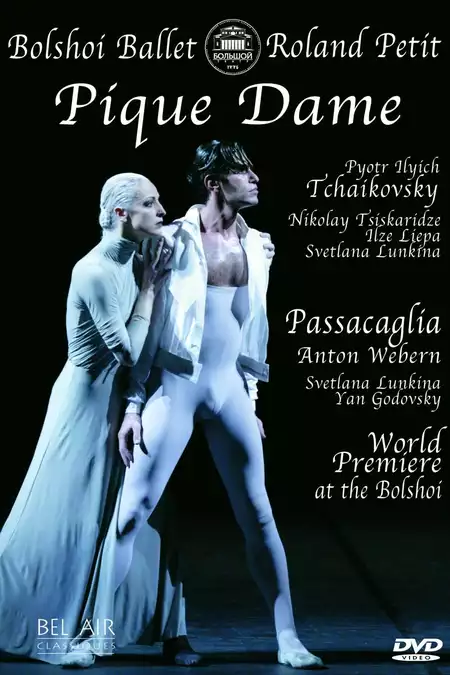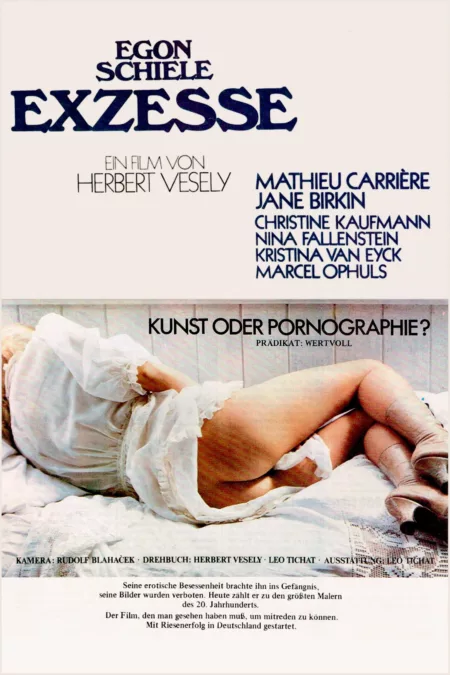Biography
(No Information)
Filmography
Information
Known ForSound
GenderMale
Birthday1883-12-03
Deathday1945-09-15 (61 years old)
Birth NameAnton Friedrich Wilhelm von Webern
Birth PlaceVienna, Austria
RelativesBenno Mattel
CitizenshipsAustria
This article uses material from Wikipedia.
Last updated:
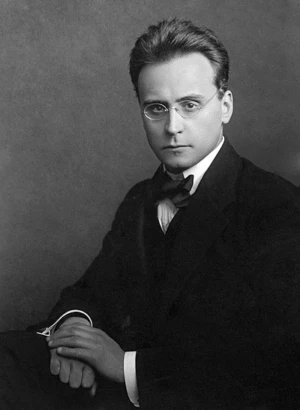 Anton Webern
Anton Webern- Filmography
- Information
